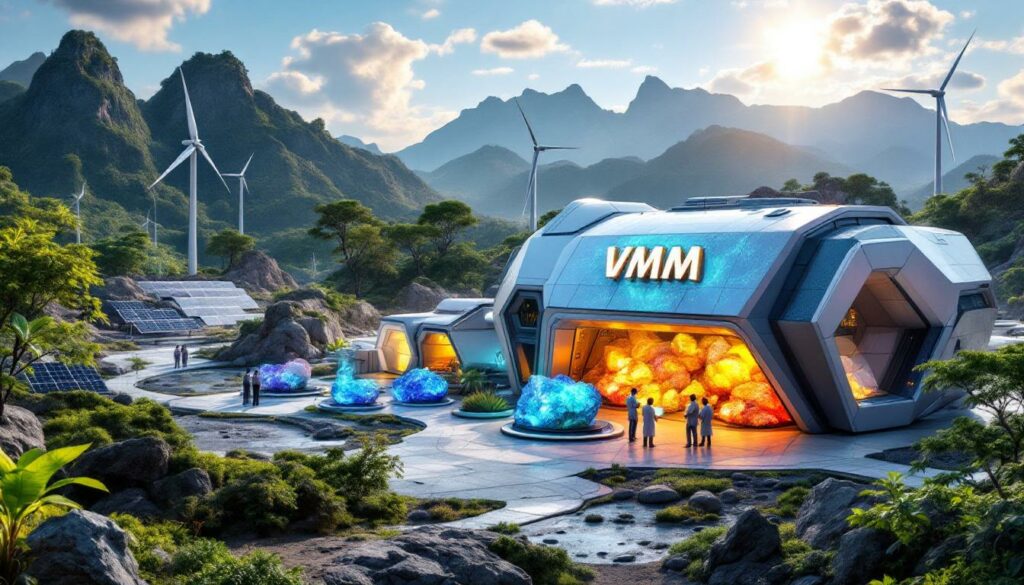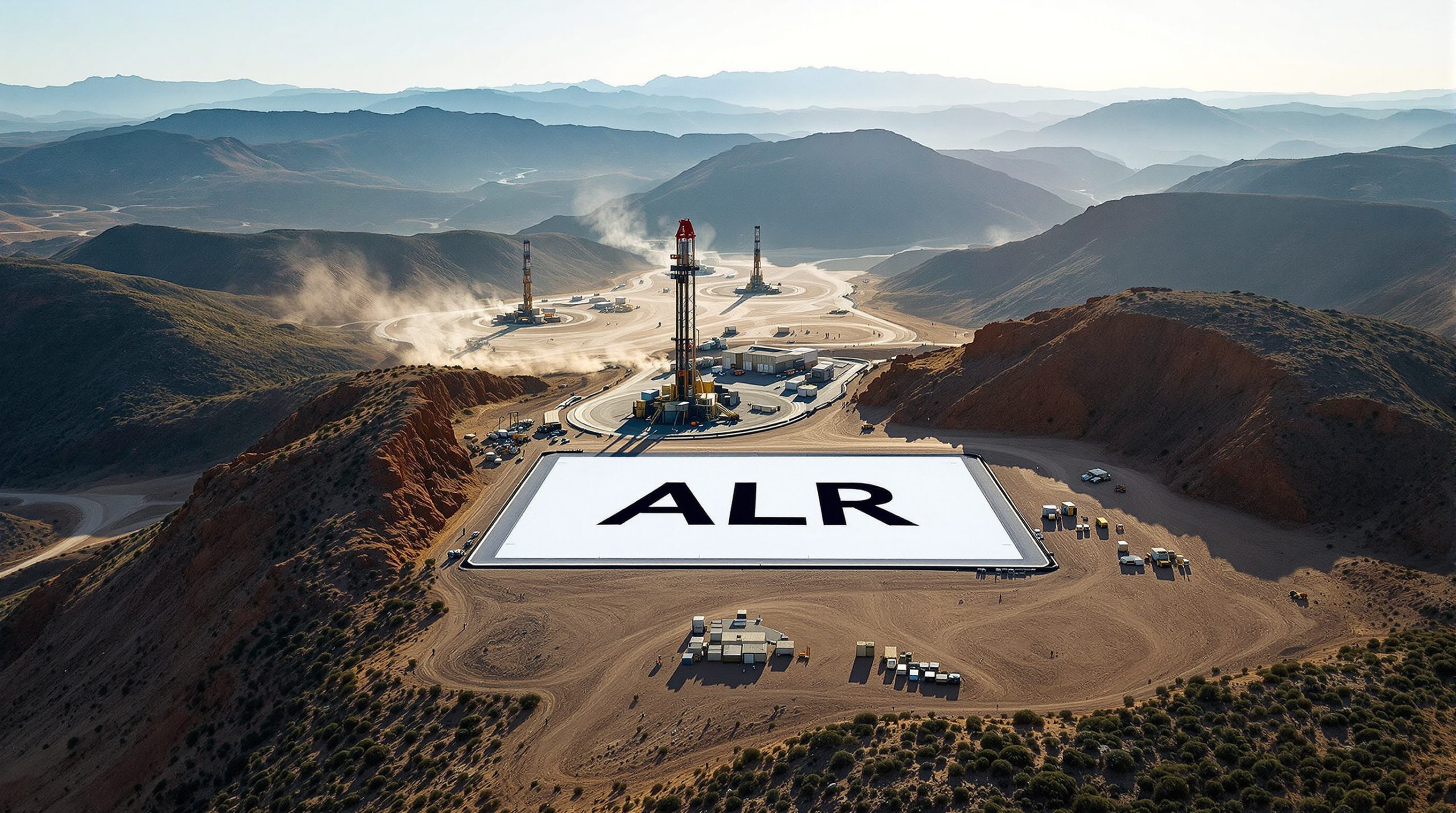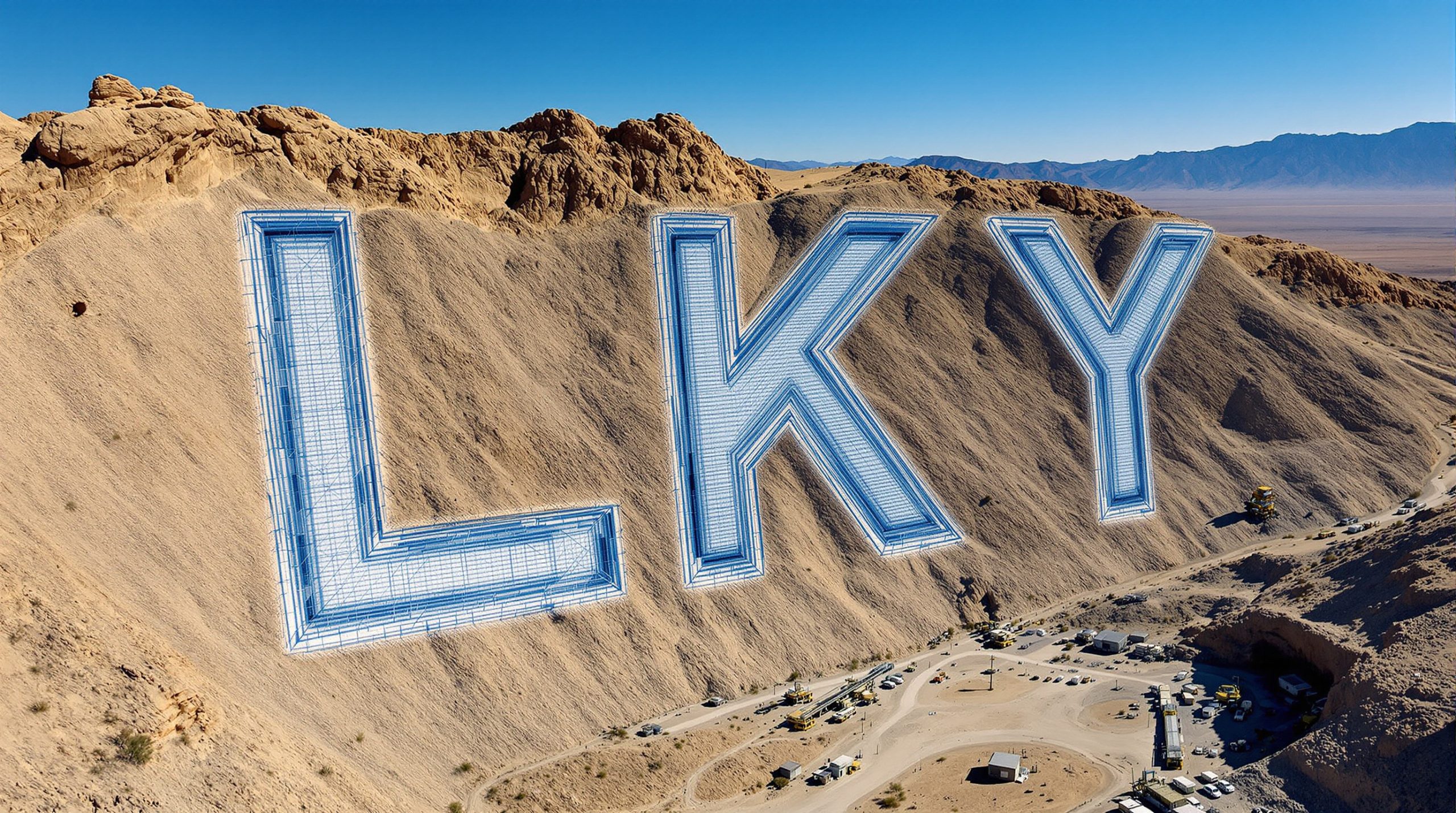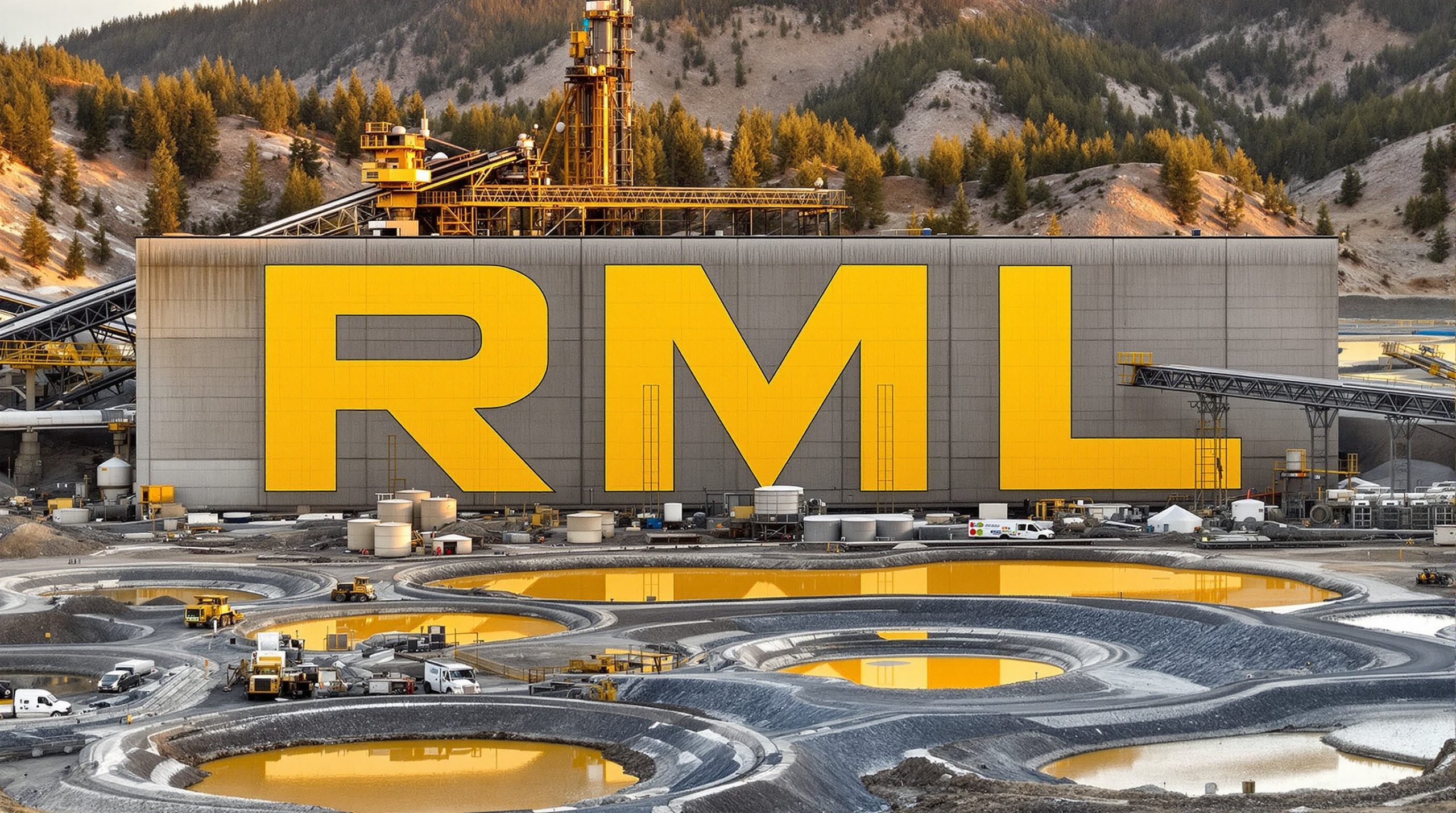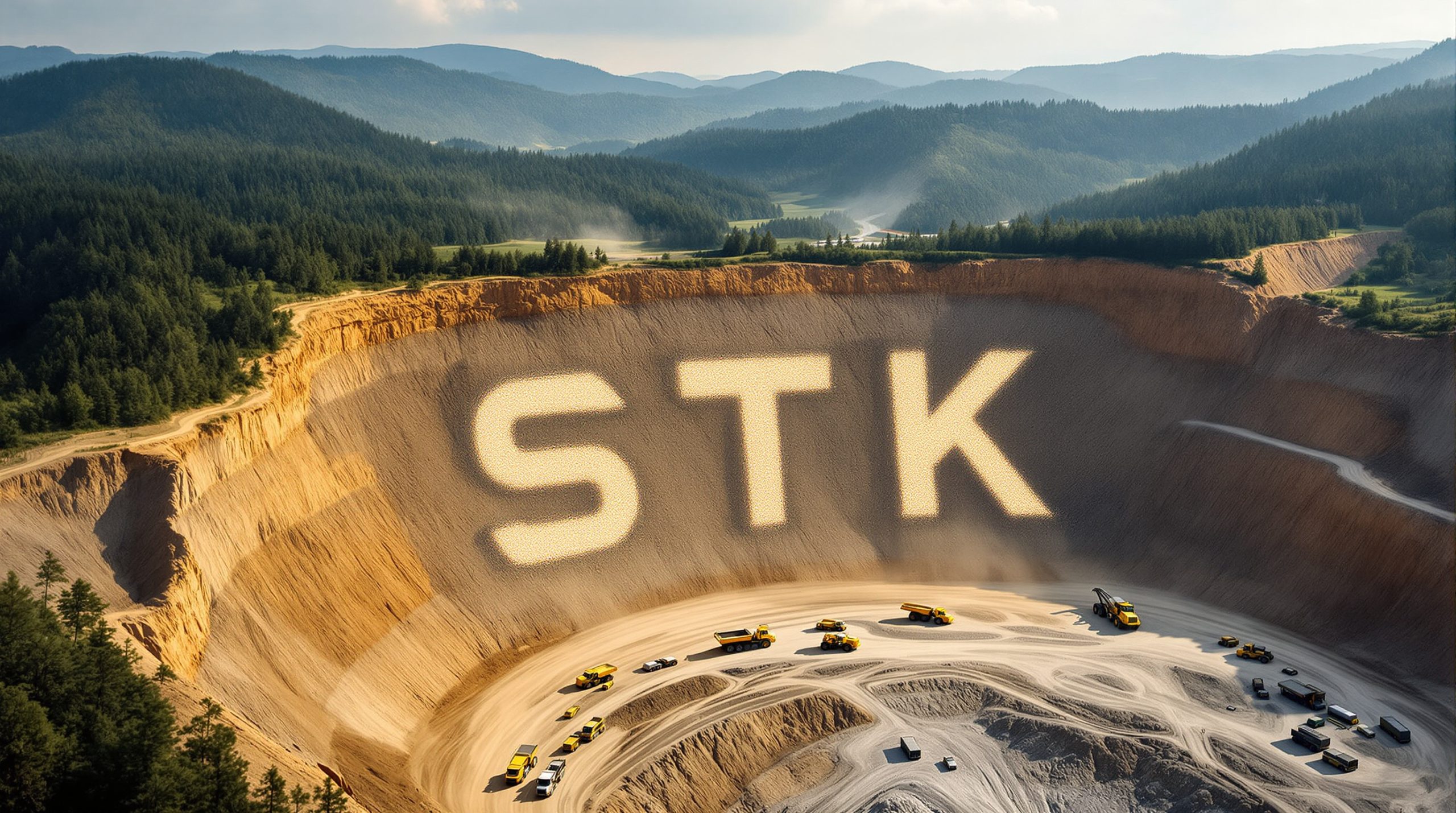Major Funding Breakthrough for Rare Earth Development
Viridis Mining and Minerals (ASX: VMM) has achieved a pivotal milestone in its development pathway, securing selection for significant funding support from Brazil's National Bank for Economic and Social Development (BNDES) and the Federal Agency for Funding Authority for Studies and Projects (FINEP). This selection positions Viridis to receive backing from a US $903 million funding package aimed at accelerating strategic mineral projects critical to energy transition and decarbonisation.
The funding selection validates Viridis' development approach for its flagship Colossus Project and downstream rare earth processing capabilities through its joint venture entity, Viridion. With China recently imposing rare earth export restrictions and global concerns about supply chain security mounting, this development puts Viridis at the forefront of establishing the first fully integrated rare earth supply chain outside of China.
"We are delighted to have been selected by BNDES and FINEP for funding support under Brazil's strategic minerals initiative. This recognition affirms not only the technical and commercial strength of the Colossus Project and our downstream capabilities but also highlights Viridis' growing role in the global rare earths supply chain," said Chief Executive Officer Rafael Moreno.
Moreno further noted: "Colossus stands out for its ability to deliver compelling project economics, even at today's subdued prices, and is one of the few projects in the Western world with a realistic chance of getting into production."
Strategic Funding to Accelerate Project Development
The BNDES and FINEP funding initiative represents Brazil's strategic push to develop domestic critical mineral supply chains. The initial R$5 billion (US$903 million) Public Call focuses on companies developing strategic minerals linked to energy transition, with rare earths and permanent magnets as priority materials.
Having been formally selected, Viridis and Viridion will immediately commence discussions to finalise the funding structure, which may include:
- Economic grants
- Debt facilities
- Equity participation
The funding will specifically support:
| Development Area | Purpose |
|---|---|
| Plant Construction | Building pilot and commercial processing facilities |
| Technical Development | Supporting metallurgical testing and R&D activities |
| Engineering | Completing feasibility studies |
| Production Readiness | Working capital and long-lead equipment acquisition |
Beyond this initial selection, BNDES and FINEP have announced a second public call with an additional R$3 billion (US$542 million) specifically for technology development and innovation centres. Following Viridis' recent delivery of high-purity rare earth oxides to CIT SENAI (Latin America's only magnet manufacturer), the company is well-positioned to secure additional funding through this second initiative.
Understanding Rare Earth Supply Chain Criticality
Rare earth elements, particularly the "magnet rare earths" like Neodymium (Nd), Praseodymium (Pr), Dysprosium (Dy), and Terbium (Tb), are essential components in high-performance permanent magnets used in electric vehicles, wind turbines, and advanced electronics. These materials are considered critical to global decarbonisation efforts.
Currently, China controls approximately 85% of global rare earth processing capacity and over 90% of magnet production. Recent export restrictions from China have highlighted the vulnerability of global supply chains, creating urgent demand for alternative suppliers.
What are Rare Earth Elements?
Rare earth elements comprise a group of 17 metallic elements on the periodic table. Despite their name, most rare earths are relatively abundant in the Earth's crust, but they rarely occur in concentrated deposits that are economically viable to extract.
The most commercially valuable rare earths are those used in permanent magnets:
-
Neodymium (Nd) and Praseodymium (Pr): These elements provide the magnetic strength in NdFeB (Neodymium Iron Boron) magnets, the strongest permanent magnets commercially available.
-
Dysprosium (Dy) and Terbium (Tb): These heavy rare earths are added to NdFeB magnets to maintain performance at high temperatures, making them crucial for applications like electric vehicle motors and wind turbines.
Why Rare Earths Matter for Energy Transition
Rare earth permanent magnets are essential components in technologies crucial to the global energy transition:
- A typical electric vehicle uses 1-2 kg of rare earth permanent magnets
- A single 3 MW wind turbine requires approximately 600 kg of rare earth magnets
- Consumer electronics, industrial motors, and defence applications also rely heavily on these materials
With global demand for electric vehicles projected to grow at a CAGR of 25-30% through 2030 and renewable energy capacity expanding rapidly, securing rare earth supply chains has become a strategic priority for Western nations.
Viridis' Colossus Project represents one of the most advanced rare earth developments outside China, with several distinctive advantages:
- A world-class resource with the highest grade of magnet rare earth elements in ionic adsorption clay globally
- Proven processing technology through partnership with Ionic Rare Earths
- Strategic location in Brazil with strong government support
- Capability to deliver a complete mine-to-magnet supply chain
Project Timeline and Development Milestones
Viridis is advancing several parallel workstreams to bring the Colossus Project to production:
-
Pre-Feasibility Study (PFS): Currently in progress with engineering firm Hatch, scheduled for completion by the end of Q2 2025
-
Environmental Licensing: Following the January 2025 submission of the Environmental Impact Assessment, the company is now progressing technical assessments for the Installation License required before construction
-
Project Financing: With the PFS nearing completion, Viridis is advancing discussions with potential strategic off-takers, financing institutions and partners
This BNDES/FINEP selection will accelerate these timelines, potentially reducing the pathway to production by months or years.
The Colossus Resource Advantage
The Colossus Project boasts an impressive mineral resource that underpins its development potential:
| Resource Category | Tonnage (Mt) | TREO (ppm) | MAG_REO (ppm) | Contained TREO (t) | Contained MAG_REO (t) |
|---|---|---|---|---|---|
| Measured | 9.6 | 1,760 | 595 | 16,896 | 5,712 |
| Indicated | 10.2 | 1,797 | 598 | 18,329 | 6,100 |
| Inferred | 9.4 | 1,812 | 583 | 17,033 | 5,480 |
| Total | 29.2 | 1,790 | 592 | 52,258 | 17,291 |
This resource represents the largest Measured & Indicated resource with the highest grade of magnet rare earth elements (MAG_REO) in ionic adsorption clay globally, providing Viridis with a significant competitive advantage.
The deposit type—ionic adsorption clay—is particularly valuable as it typically requires lower processing costs compared to hard-rock rare earth deposits, with rare earth elements that can be extracted using simpler leaching techniques rather than complex, energy-intensive processing methods.
Why Investors Should Watch Viridis
Viridis stands at a transformational moment in its development trajectory. The selection for BNDES/FINEP funding delivers several compelling advantages for investors:
-
Accelerated Development Timeline: Government backing will fast-track the path to production, potentially bringing forward cash flow generation
-
Reduced Financing Risk: The funding support significantly decreases the capital burden on Viridis, improving project economics and reducing dilution risk
-
Strategic Positioning: As one of few Western companies with a realistic path to rare earth production, Viridis is positioned to benefit from increasing government and industry focus on supply chain security
-
Vertical Integration: Through the Viridion joint venture, Viridis is developing capability across the entire rare earth value chain, from mining through to separation, refining, and magnet manufacturing
-
Technical De-risking: The recent delivery of high-purity rare earth oxides to Latin America's only magnet manufacturer demonstrates the viability of the processing technology
With global rare earth demand projected to grow substantially through the energy transition, and Western nations actively seeking supply chain alternatives to China, Viridis has positioned itself at the nexus of critical mineral security and the clean energy revolution.
"This funding represents a significant milestone for both Viridis and our joint venture, Viridion, enabling us to accelerate our development timeline and move decisively toward establishing the first fully integrated rare earths supply chain outside of China," commented CEO Rafael Moreno. "As global demand for rare earths intensifies amid increasing supply chain uncertainty, Colossus stands out for its ability to deliver compelling project economics, even at today's subdued prices."
The company's progress comes at a critical juncture in the global rare earths market. As Western governments increase support for domestic supply chains and manufacturers seek supply security, Viridis offers a compelling investment proposition at the forefront of this strategic sector.
Are You Ready to Invest in the Rare Earth Revolution?
Discover how Viridis Mining and Minerals is establishing the first fully integrated rare earth supply chain outside of China with significant Brazilian government funding support. Learn more about the Colossus Project's world-class resource, compelling economics, and strategic positioning in the global critical minerals landscape by reviewing the full ASX announcement here.
